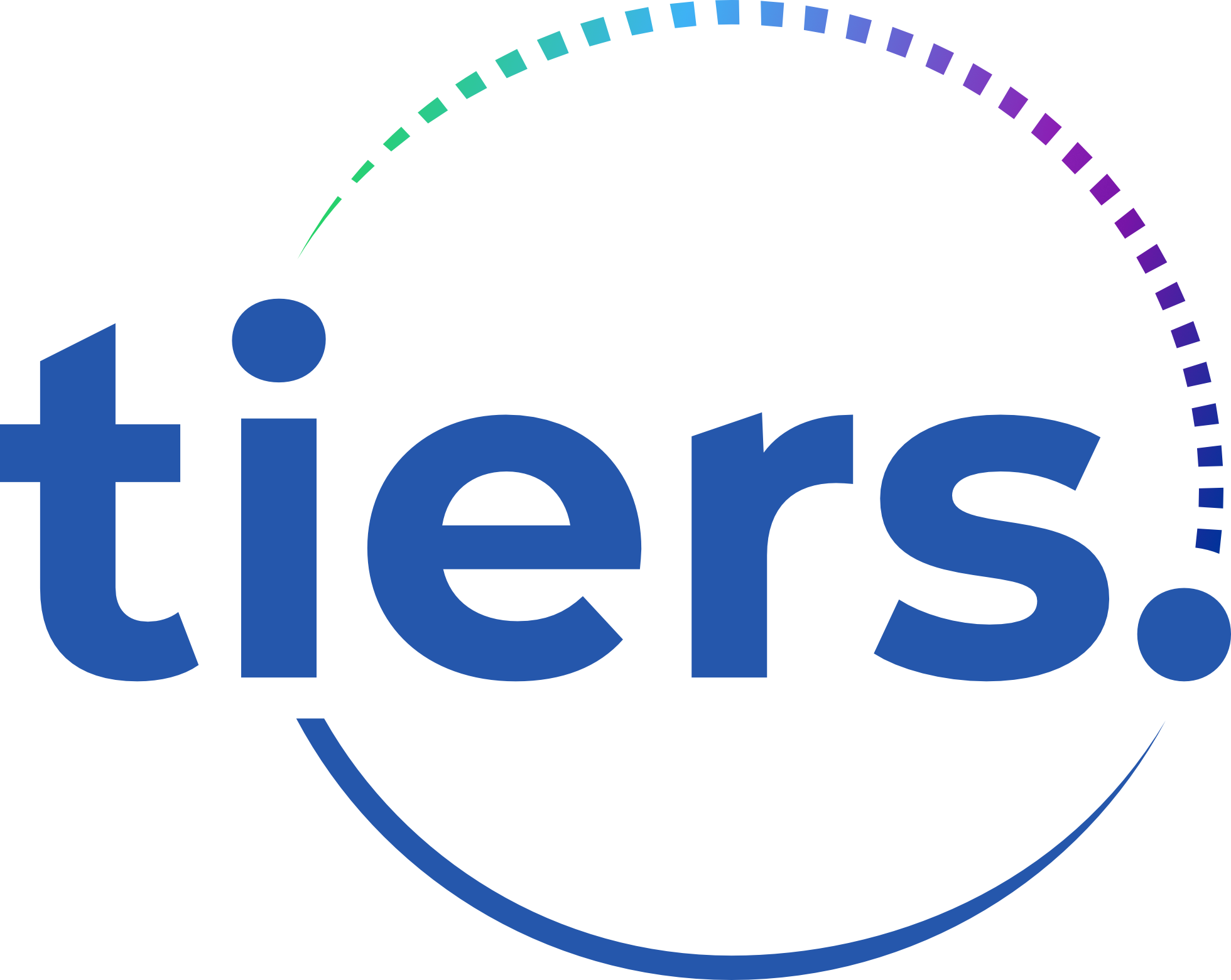Salamu, msomaji mpendwa! Huenda ikashtua kukujua kuwa watu wazima wa asilimia 3 tu ndizo wanaweka malengo yao kwa maandishi. Haijalishi unachotamani – iwe ni kuendeleza elimu yako, kuboresha hali yako ya kifedha, kupanua biashara yako, au kuimarisha ukuaji wa taaluma yako – siri iko katika ufasaha wa malengo ya SMART.
Sasa, huenda unajiuliza, “Malengo haya ya SMART ni nini hasa?” Twende pamoja katika safari ya kufumbua maarifa, tukichunguza kwa undani ulimwengu wa kusisimua wa malengo ya SMART, na kufungua uwezo halisi wa mfumo huu unaolenga matokeo katika kuweka malengo.
Kwa malengo ya SMART, unaweza:
- Specific: Eleza kwa uwazi unachotaka kufanikisha.
- Measurable: Jumuisha vigezo maalum vitakavyokusaidia kufuatilia maendeleo yako na kujua wakati umefikia lengo lako.
- Achievable: Weka malengo ndani ya uwezo na uwezo wako ili kuhakikisha unaweza kuyaweka kwa vitendo.
- Relevant: Lenga malengo yako kwa maadili yako, malengo ya muda mrefu, na picha kubwa ya maisha yako au kazi.
- Time-bound: Tengeneza ratiba ambayo inaweka tarehe ya mwisho ili kukuza msukosuko na kukuweka macho mbele.
Katika sehemu zinazofuata za makala hii, utagundua jinsi ya kutumia mbinu hii ya kuvutia katika nyanja mbali mbali za maisha yako, ukiweka wewe mwenyewe kwa mafanikio yasiyo na mipaka ya ukuaji na mafanikio nchini Kenya. Soma zaidi, na twende pamoja katika safari hii ya ajabu kuelekea maendeleo binafsi na ya kitaaluma!
Kutumia Malengo ya SMART kwa Fedha Binafsi
Je, ulikuwa unajua kuwa zaidi ya asilimia 90 ya watu nchini Kenya hawana mpango wa kufikia malengo yao ya kifedha? Wakati unashughulika na fedha zako binafsi, mojawapo ya mikakati yenye ufanisi kwa kukuza utajiri na kufikia ustawi wa kiuchumi nchini Kenya ni kuanzisha malengo kwa kutumia mbinu ya SMART. Lakini kuweka malengo ya SMART kwa fedha binafsi kunamaanisha nini, na kunaweza kukusaidia kuzipata hatua kwa muda mrefu?
- Specific: Unahitaji kuwa na wazo wazi la kile unachotaka kufikia kwa malengo yako ya kifedha. Badala ya kusema “Nataka kuokoa zaidi”, tambua kiasi maalum unachotaka kuokoa, kwa mfano, “Nataka kuokoa KES 50,000.”
- Measurable: Hii inamaanisha utahitaji kuwa na uwezo wa kufuatilia maendeleo yako. Kwa mfano, unaweza kupima kiasi cha KES 50,000 ulichokisave kama sehemu ya lengo hilo.
- Achievable: Epuka kuweka malengo ambayo yako mbali sana au ambayo hayana msingi. Ni muhimu kwamba lengo lako ni kitu ambacho unaweza kufanya. Kwa mfano, kama unapata KES 30,000 kwa mwezi, kuokoa KES 25,000 kila mwezi inaweza isyakubalike.
- Relevant: Lengo lako linapaswa kuwa muhimu kwa maisha yako au kwa maono unayoona kwa ajili ya siku zijazo. Kama lengo lako ni kununua nyumba ndani ya miaka 10, basi kuweka akiba kila mwezi ni lengo linalofaa.
- Time-bound: Weka tarehe ya mwisho kwa lengo lako. Hii inakupa hisia ya dharura na inaweza kukutia moyo kusalia katika mstari. Kwa mfano, unaweza kuokoa KES 50,000 ndani ya miezi sita.
Kwa malengo ya SMART, kusimamia fedha zako binafsi kunakuwa rahisi na kumeongezeka kwa mpangilio. Hapa kuna baadhi ya mifano ya malengo ya SMART kwa fedha binafsi:
- Kuokoa KES 100,000 mwaka mmoja kwa ajili ya likizo.
- Kulipa mkopo wa masomo wa KES 500,000 ndani ya miaka 5.
- Kuwekeza asilimia 20% ya kipato chako cha kila mwezi kwenye soko la hisa kwa miaka 10 ijayo kwa ajili ya kustaafu.
Kumbuka, ufungaji wa malengo ya SMART unahitaji kujitolea na uthabiti. Kubaki kwenye mpango wako, ulirekebishe inapobidi, na utakuwa njiani kufikia malengo yako ya kifedha nchini Kenya.
Malengo ya SMART kwa Ukuaji wa Taaluma
Kuendeleza taaluma yako katika soko la ajira lenye ushindani mkubwa – hasa nchini Kenya – inaweza kuwa changamoto. Lakini usikate tamaa! Mbinu ya malengo ya SMART hutoa mfumo wa vitendo ambao unaweza kurahisisha na kuharakisha maendeleo ya taaluma yako. Tuchunguze jinsi.
- Specific: Tambua malengo ya taaluma yako kwa uwazi. Kwa mfano, unaweza kutaka kuwa Meneja wa Mradi (Project Manager) katika kampuni nchini Kenya ndani ya miaka miwili. Eleza wazi lengo lako ili upange rasilimali zako kwa ufanisi.
- Measurable: Tengeneza njia wazi ya kutathmini maendeleo yako. Unaweza kuamua kuwa kupata cheti cha Project Management Professional ndani ya nusu mwaka ni hatua inayopimika kuelekea lengo lako.
- Achievable: Hakikisha lengo lako ni la kweli. Kuzingatia juhudi pamoja na kuelewa vipaji vyako, rasilimali zilizopo, na changamoto zinazoweza kujitokeza ni muhimu.
- Relevant: Panganisha lengo lako la taaluma na malengo makubwa ya maisha na maadili. Hakikisha mpango wako, kama vile kuwa Meneja wa Mradi, unalingana na malengo yako binafsi, kama vile uwiano kati ya kazi na maisha au kuongoza miradi ya timu.
- Time-bound: Weka ratiba wazi ili kuleta hisia ya dharura. Inaweza kuwa lengo lako kufikia ndani ya miaka miwili.
Mfano wa lengo la taaluma la SMART unaweza kuwa:
“Ndani ya miaka miwili, nitaboreshaji ujuzi wangu wa usimamizi wa miradi na kupata cheti cha PMP ili kuwa Meneja wa Mradi katika kampuni ya Kenya.”
Kutumia malengo ya SMART kunasaidia kufafanua unachotaka kufikia na kukuza ukuaji binafsi na kuridhika katika taaluma yako. Uvumilivu ni ufunguo wa mafanikio katika kufikia malengo yako.
Malengo ya SMART kwa Mafanikio ya Elimu
Je, umewahi kujiuliza kama malengo ya SMART yanaweza kuunganishwa na juhudi zako za kielimu? Takwimu zinaonyesha zaidi ya asilimia 80 ya wanafunzi nchini Kenya hawaweka malengo maalum ya kitaaluma. Inahusu kuunda viwango wazi vinavyoweza kufikiwa katika safari yako ya elimu. Kwa mfano, lengo lako linaweza kuwa kukamilisha shahada ya uzamili ndani ya muda uliowekwa.
Tuchambue mfano:
“Lengo langu ni kuanza na kumaliza Shahada ya Uzamili katika Mfumo wa Taarifa (Information Systems).”
- Specific: Eleza lengo lako kwa undani. Kwa mfano, “Kupita kozi zote muhimu kwa Shahada ya Uzamili katika Mfumo wa Taarifa.”
- Measurable: Weka vigezo vya wazi vya kufuatilia maendeleo. Kwa mfano, “Kupata wastani wa alama juu ya X katika kipindi chote cha Uzamili.”
- Achievable: Hakikisha lengo lako ni ndani ya uwezo wako kufikia. Kwa mfano, “Kutenga muda wa kutosha kwa ajili ya kusoma na kazi za mradi, sambamba na kusimamia kazi za nyumbani na kazi nyingine.”
- Relevant: Angalia kwamba lengo lako lina mchango moja kwa moja kwa malengo yako makubwa. Kwa mfano, “Kuandaa tasnifu ya uzamili inayotoa uelewa mkubwa katika maeneo ya Mfumo wa Taarifa.”
- Time-bound: Weka tarehe ya mwisho kwa kufikia lengo lako. Kwa mfano, “Kutimiza masharti yote ya kozi ya uzamili, pamoja na utetezi wa tasnifu kwa mafanikio, ndani ya muda uliowekwa wa programu.”
Malengo ya SMART kwa Ujasiriamali nchini Kenya
Kama mjasiriamali anayechipukia nchini Kenya, kutumia mfumo wa malengo ya SMART kunaweza kuongeza sana safari yako kuelekea mafanikio. Kusaidia kugawanya ndoto zako za ujasiriamali katika kazi ambazo zinaweza kufanyika, malengo ya SMART yanajulikana kwa kuongeza tija na ufanisi. Kw surprising, zaidi ya asilimia 60 ya wajasiriamali wa Kenya hawapangi malengo doanh pasipo kubainisha kipimo.
- Specific: Anza kwa kufafanua unachotaka kufikia. Badala ya kusema “kuanzisha biashara inayofanikiwa”, unaweza kutaka “kufungua duka la eCommerce linauza zao za kiafrika, za kikaboni ndani ya miezi sita.” Ufafanuzi huu unakupa maono wazi ya kuweka nguvu zako juu yake.
- Measurable: Weka vigezo vya kupima maendeleo yako. Katika mfano wetu wa eCommerce, viashiria muhimu vinaweza kuwa idadi ya wageni kwenye tovuti, viwango vya uongozaji wa mauzo (conversion rate), au wateja wanaorudi. Mtazamo unaotumia data unahakikisha malengo yako yanaweza kupimika, si tu kwa hisia.
- Achievable: Malengo yako ya ujasiriamali yanapaswa kukushangaza bila kukushinda. Ili kuhakikisha mpango wako ni wa kutekelezeka, fanya utafiti wa soko, hakiki uaminifu wa wasambazaji, na tathmini uwezekano wa mfano wa biashara yako.
- Relevant: Hakikisha malengo yako ni muhimu kwa maono yako kubwa. Kama lengo lako kuu ni kuhimiza uendelevu wa mazingira, basi duka lako la eCommerce linapaswa kuonyesha dhamira hiyo kwa, kwa mfano, kutumia vifaa vinavyooza (packaging) vinavyoweza kuoza.
- Time-bound: Mwisho kabisa, weka tarehe ya mwisho. Katika mfano wetu, kipindi kilichobainishwa ni miezi sita. Muda unaonekana kuwa hitaji la haraka ambalo linasaidia kusalia kwenye njia sahihi.
Sasa unapoelewa jinsi ya kuweka malengo ya SMART, ni wakati wa kuyatumia! Hapa kuna mfano mfupi wa jinsi unaweza kuunda mpango wa SMART kama mjasiriamali anayechipukia:
“Kutoka sasa hadi mwisho wa miezi sita, nitafungua duka la eCommerce ambalo litakuwa na wastani wa tume 1000 wageni kwenye tovuti kila mwezi na litahifadhi kiwango cha mauzo ya uongozaji (conversion rate) ya 15%. Nitafanikisha hili kwa kusambaza zao za ubora wa juu za ndani, kuanzisha mbinu bora za SEO, na kujishughulisha na masoko ya mitandao ya kijamii yenye lengo.”
Njia hii ya hatua kwa hatua inaweka njia wazi na wazi kuelekea mafanikio, ikikupa maono ya muda mrefu na motisha ya muda mfupi inayohitajika kuchanua katika ulimwengu wa ujasiriamali unaokwenda kasi.
Vidokezo vya Kubaki na Motisha na Kuwa na Mwelekeo
Kuanza safari ya kufikia malengo yako inaweza kuwa ya kusisimua na pia kuogopesha. Lakini, kubaki kwenye njia huhitaji uvumilivu, motisha, na mwelekeo. Hapa kuna vidokezo vitendo vitakavyokusaidia kubaki na motisha na mwelekeo nchini Kenya unapotumia mbinu ya malengo ya SMART kufikia malengo yako.
- Abaki na Mazingira Chanya: Kati ya upandaji na kushuka wa maisha, mawazo chanya yanaweza kuvumilia dhoruba karibu zote. Kumbuka, visingizio ni sehemu ya safari – sio vile vikuu vinavyokuzuia bali vinafanya wewe uwe imara zaidi.
- Fikiria Mafanikio Yako: Mara kwa mara jaza mawazo yako kwa kuona wewe ukienda kufikia malengo yako. Taswira hii ya akili inakukumbusha unachofanya kazi kwa ajili yake na inaweza kuinua moyo wako wakati wa changamoto.
- Weka Vipaumbele Wazi: Panga shughuli zako kulingana na mchango wao kwa malengo yako. Hii inahakikisha unatumia siku yako kwa ufanisi na usitafute vitu vyenye vipaumbele vya chini.
- Kubali Kujifunza Endelevu: Katika harakati za kufikia malengo yako, utajifunza kitu kipya kila siku. Kubali ujifunzaji huu usiisha na uboreshe ujuzi wako kama sehemu ya safari yako.
- Jali Afya yako ya Mwili na Ukuaji wa Akili: Kuchukua tahadhari ya afya yako ya mwili na akili ni muhimu ili kubaki na nguvu na mwelekeo. Hakikisha unajumuisha mazoezi ya kawaida na mapumziko katika ratiba yako ya kila siku.
Maendeleo yanayoonekana ni motisha yenye nguvu kwako. Kwa hivyo, kutumia malengo ya SMART ambayo ni ya “achievable” na “measurable” kunachangia sana katika kudumisha motisha na mwelekeo. Kumbuka, sifa kuu ya malengo ya SMART ni uwezo wake wa kugawanywa kwenye majukumu madogo madogo. Hivyo, wakati wowote unapo fikia jukumu dogo linalokupeleka zaidi kwenye lengo lako, chukua muda kutafakari na kusherehekea maendeleo hayo.
Kumbuka: Ingawa kufikia malengo yako kunaweza kuwa changamoto, kumbuka kubaki mrefu na kuwa na moyo wa matumaini. Njia ya mafanikio mara nyingi imejaa vizingiti na vizuizi; hata hivyo, vizuizi hivi havikuwekiwa kuzuia bali kujaribu ni kiasi gani unavitaka. Hivyo endelea!
Get informed on how to do more with your money.





